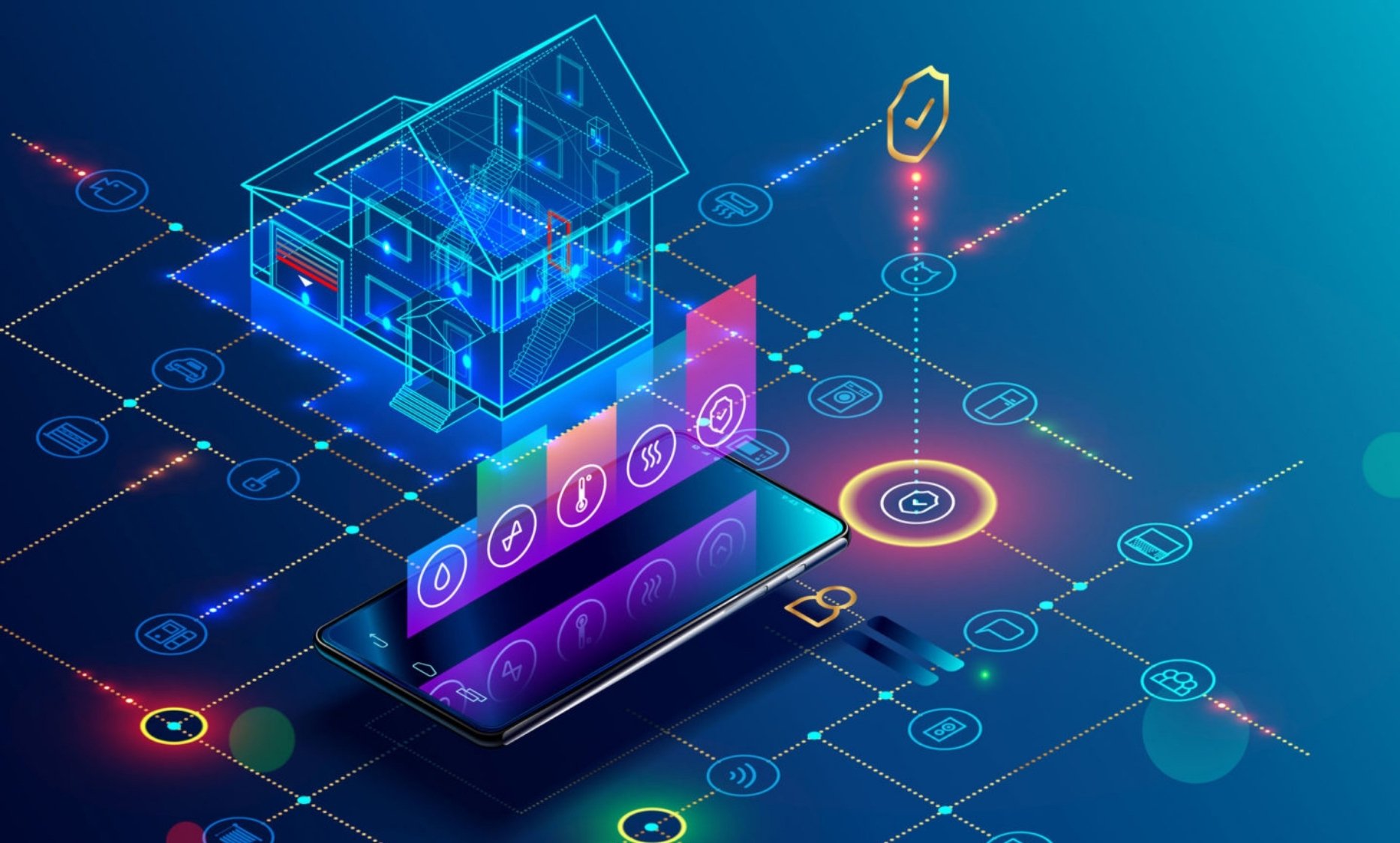Smart Home Technology Capabilities Of The Future

Living in a smart home of the future will mean a holistic experience of the IoT, the network that powers most smart home tech devices.
Rooms that respond to the thoughts in your head, robot assistants who coordinate your grocery shopping, and immersive 4D virtual reality gaming systems that greet you personally; these might seem like plot concepts from an episode of Black Mirror. With all the sophisticated innovations in the world of smart technology lately, however, what once seemed like a fanciful sci-fi trope is now within the scope of reality.
So with an eye towards the most interesting new and upcoming developments in the field of smart home technology, let’s take a look at some of the smart home tech capabilities we can expect to see more of in the future- and examine some of the potential risks that will come along with them.
Growing Desire For Smart Home TechCurrently, nearly 70 per cent of homeowners have at least one smart home tech gadget in their home. Reports show that the majority of these homeowners are satisfied with the smart tech gadgets they have, which gives rise to natural growth in the industry.
The more that people begin to incorporate smart tech into their homes, the more they will continue to, and the greater the consumer appetite for smart tech gadgets will be. That also leads to a boost in funding towards research and development, so new and old smart home tech companies alike can improve upon existing models and continue to develop their products beyond the limits of what now seems possible.
So what does all this add up to? In essence, smart homes are made even smarter.
While our current conception of smart home tech is generally limited to a few gadgets here and there- a smart fridge, let’s say, or even a fully kitted outsmart entertainment system, with smart speakers and a smart TV, the homeowner still chooses where and what to prioritize. In the future, smart homes will offer a more fully immersive experience.
A Smart Home That Understands YouLiving in a smart home of the future will mean a holistic experience of the IoT (the Internet of Things, the network that powers most smart home tech devices). The focus of smart homes in the future will be utilizing artificial intelligence and biometric sensors to really get to know the home’s inhabitants.
Your future smart home will be able to understand, respond to, and anticipate your needs. Smart homes will be to collect and study data about your preferences and habits, then use that information to assist with everyday tasks, like automatically ordering the cleaning supplies you like, or setting the shower to the temperature each home occupant prefers, de- pending on who is about to step inside.
Imagine that you have woken up with sniffles and scratchy throat. Rather than running to the pharmacy for cold or flu medicine, your smart home will have already ordered immunity boosters and the medicine brands you prefer. How? By analyzing your biometric data, your home may even be able to detect a developing illness in you before you do. Then it will be able to take that data, match it to your consumer habits, place an order for your cold medicines, and collect the package that has been delivered via drone. Living in a smart home of the future will be like having the ideal live-in assistant, but with more privacy.
Possible Security RisksThe more data your home can collect, the more vulnerable you become in the case of a cybersecurity breach. Since the holistic, immersive home of the future will rely heavily upon the interconnected IoT, hackers who can access your home system will be privy to an in-depth portrait of your spending habits, daily schedule, health concerns, and more sensitive information.
All of this adds up to a huge potential security risk. Fortunately, developers are crafting high-tech smart security and cybersecurity systems to meet the increased de- mand. Future homes will almost certainly include closed private internet networks to sync all the individual gadgets and the overarching AI smart home system.
In fact, new homes will be built with embedded private wireless internet connections and smart tech capabilities. In fact, more and more homes are being built with smart tech integrated even into the very foundations. So cybersecurity will need to be a primary concern for developers and homeowners alike as the smart home becomes an increasingly common part of everyday life for us all.
Preparing For The FutureOne thing about the future of smart tech seems inevitable; whether we like it or not, the smart tech industry will continue to grow in the coming years. At a certain point, in ten, twenty, or thirty years from now, it will become unimaginable for many that people used to live in a world before smart tech ever existed.
Soon we will grow accustomed to our internet-infused lives and may even forget to marvel at the innovations surrounding us, just as many have with the rapid appearance, evolution, and spread of the by now ubiquitous smartphone.
As technology continues to develop, we will need to remember the vital importance of cybersecurity. Both individuals and smart tech companies will need to take proactive measures to shore up cybersecurity and mitigate the increased risks that smarter homes present.
https://www.digpu.com/technology-news/smart-home-technology-capabilities-of-future
Comments
Post a Comment